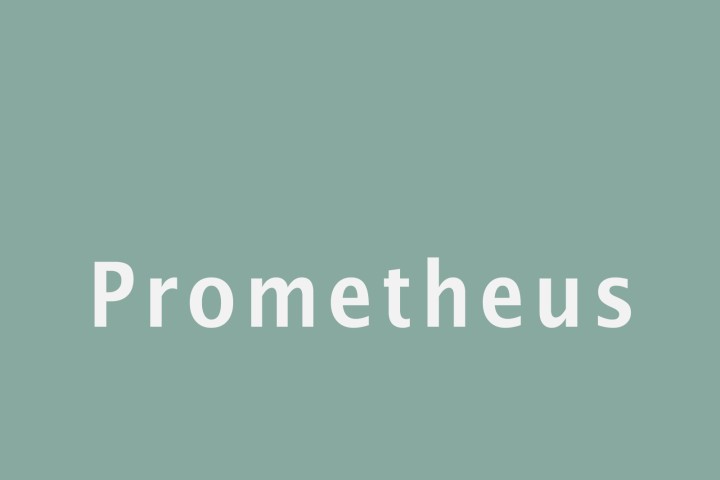Prometheus
Assessment of Microbial Protein Sources for Food and Feed.

Goal
The goal of Prometheus is to deliver the proof-of-concept that microbial protein-rich biomass and by-products from citric acid production are fit for use as high-quality proteins in feed and food.
Why this project?
Just like with materials or energy, in the food and feed industries, scientists are looking into shifting the boundaries of existing resources or new resources to (partially) replace for instance animal protein. New and shifting resources has been identified as one of the 4 main programs of Flanders’ Food, one of the leading project partners in Prometheus. In this program, protein transition and sidestreams are concrete roadmaps. More specifically, Prometheus is looking at the sidestream of citric acid production and into microbial biomass for protein use.
Results
Prometheus was a cooperative business project (ICON type) in which 4 companies collaborated with research institutions to achieve a common goal. The aim of this project was to obtain a proof of concept that microbial protein-rich biomass and by-products of citric acid production are suitable as a high-quality protein source in animal and human food.
Calidris Bio investigated the techno-economic feasibility of producing microbial protein with renewable energy sources and methylotrophic bacteria. They investigated the optimal process conditions for the production of this new protein biomass.
During citric acid production, a protein-rich by-product, mycelium, is created at Citribel. In this project, Citribel better characterised this side-stream and tested different protein extraction processes to increase its protein concentration. Both Calidris Bio and Citribel's protein source were examined by Nutrition Sciences and Fides Petfood for their potential in pet food. Both sources had potential as further applications but some challenges will require further investigation.
Research partner VITO investigated advanced process control methodologies to increase process intensity and gained more insights into how the production of PHB and PHBV by Methylorubrum extorquens could be controlled. PHB and PHBV were reported to have a positive health effect on aquaculture and livestock.
Research partner ILVO analysed the thermal stability and techno-functional properties of the different new protein sources to evaluate them for food applications. Through experimental design, the impact of the food matrix (protein content, pH,...) on these properties was investigated.